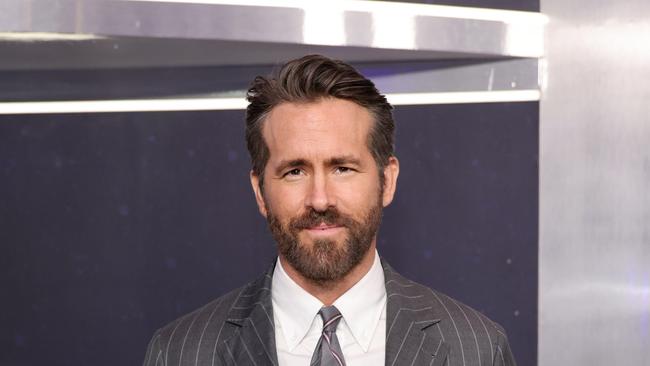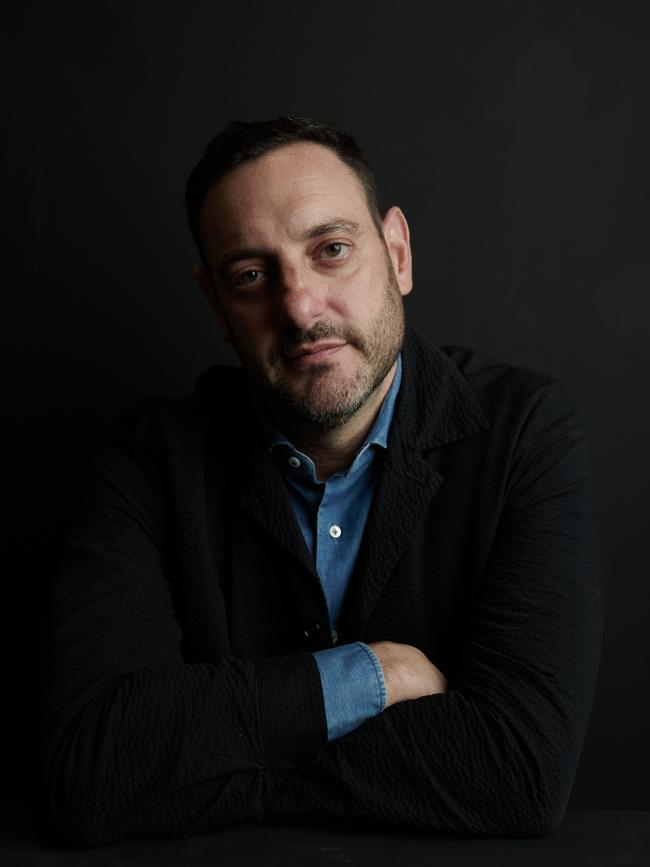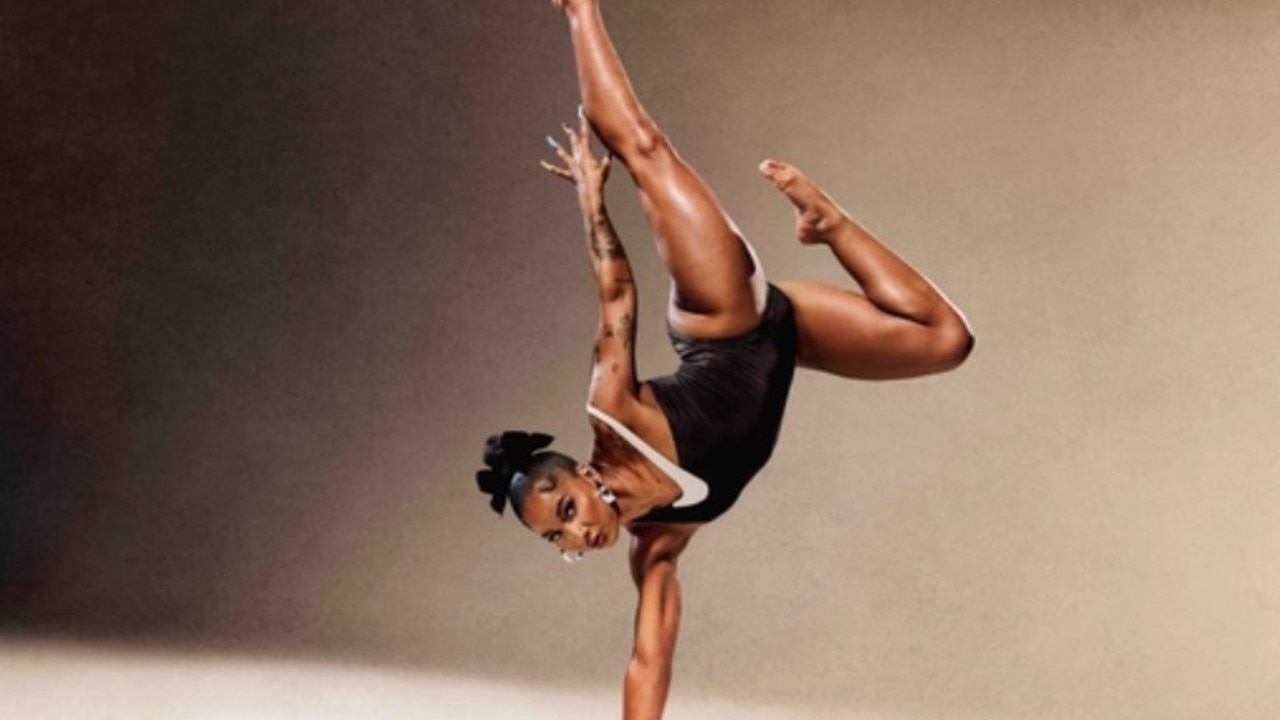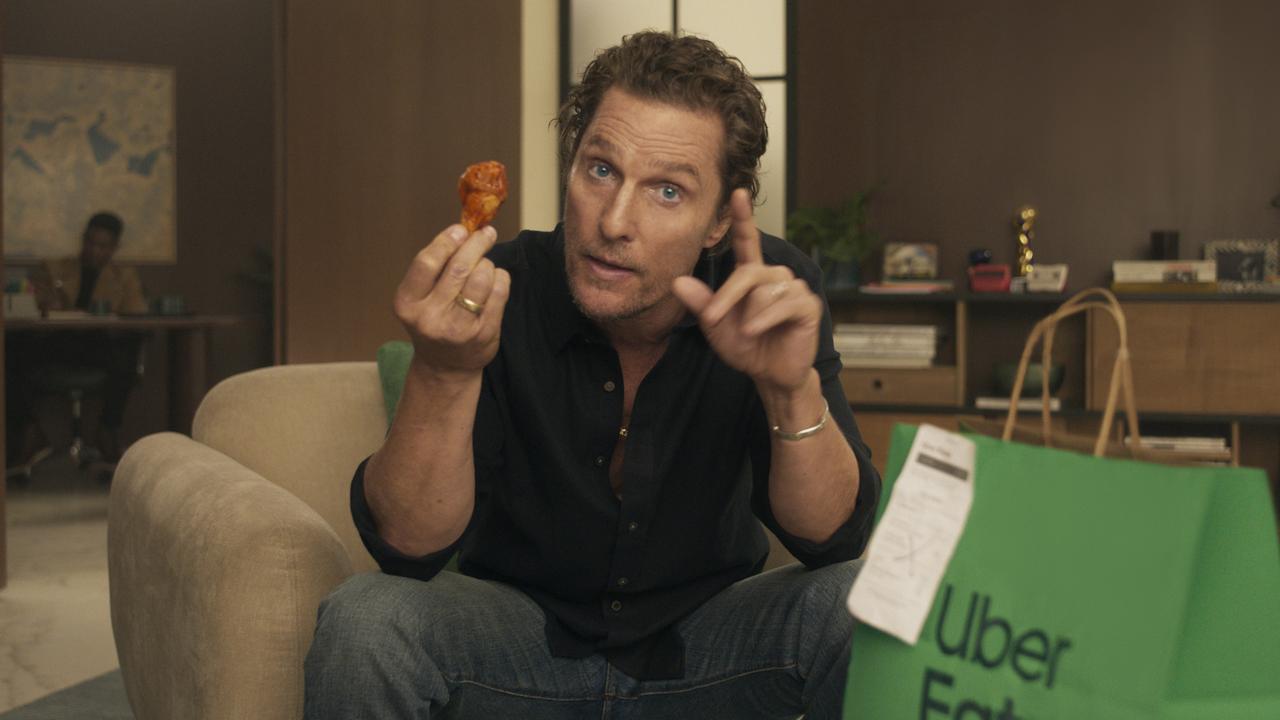Ryan Reynolds is a brand-building star
As you begin FY24, take a leaf from Ryan Reynolds’ string of investments. As the star reportedly moves into F1, Matthew Michael explains the one growth-driving strategy that connects each Reynolds’ backed venture.

CEOs seeking growth tend to trust the classic management consulting themes to deliver, but there is an under-utilised strategy that might just turn them into superheroes. Better still, the playbook for this fast and efficient, but often slept-on approach is on display by none other than Hollywood superstar Ryan Reynolds, who last week made his latest in a series of lucrative blockbuster growth plays.
Now, most would know him through his film and television career, but the financial windfalls over the last three years in general business have exceeded those in the past two decades in Hollywood. And he’s done it by weaponising brand.
First, gin. In 2018 Reynolds acquires a stake in Aviation Gin. It’s won a few medals so the product is good (but probably not great) and it’s effectively a homogenised product without any major differentiators.
Yet by 2020, in just two years, Reynolds sells it for more than $US600m ($906m) builds a brand loosely based around American pioneering spirit and adventure, creates cut through via marketing (largely by using himself) and overall takes a rather unspectacular product and turns it into a phenomenal business result.
If we back engineer the financials; let’s assume the PE firm paid heavy for the business and did a deal at 2x revenue, at $US300m in revenue, given it is a brand-led business, let’s assume they spend double the ASX P&L average on marketing, 10 per cent of revenue. So ROI on the marketing spend of $US30m is a sale of $US600m, that’s a pretty incredible growth tool.
OK, let’s get it out of the way. He is famous.

As of today, he has around 50 million followers on Instagram and about 21 million on Twitter (if anyone is still there post-Elon). That’s decent reach by anyone’s measure. But let’s take the Instagram figure as our base. Then let’s be conservative and pull 20 per cent out assuming they’re underage (21 for the US). Then let’s pull another 25 per cent out assuming they’re non-US based. His reach is now 30 million. To put that in perspective, the reach of a single TV spot on Thursday night NFL is around 24 million. So, the fame generated reach can be bought (it’s about $US600,000 a spot). Then, there is the more soft science of his brand rubbing love off on the new brands … let’s come back to that.
I suspect Ryan realises he’s on to something now and moves quickly to a second play.
The formula is clear – take a product that is also pretty homogenised and ripe for brand driven value. In 2019, he buys a stake in a 3rd tier budget mobile service, Mint Mobile.
By March 2023, he does a deal to sell it to T-Mobile for US $1.3bn. He changed nothing of the product, focused on brand strategy/purpose (think budget mobile plans), dialled up the brand distinctive elements (guess what colour they double downed on) and developed storytelling that connected with a youth audience in a no-nonsense, no-frills kind of way. It cut through, it connected and it ballooned in brand and business value. Minted.
That seems to be something that the modern-era CFO and financials-led school of management has driven out of commerce and growth strategy. That the customer is at the heart of an organisation’s strength and that a brand is the way to acquire and retain that customer.
Simon Sinek’s statement, “people buy why you do something, not what you do”, remains probably the most singularly important and central thesis on behavioural science any of us need to know (sorry Mr Ferrier).
Pulling it through all aspects of a company, hardwiring it into the fabric of what it does – so that its purpose, promise and experience all deliver on it – is not just the domain of the “colouring in department” of marketing but a valid, commercial force for growth.
Reynolds has another tilt. His most ambitious yet. As an outsider, he takes on the flailing Wrexham football (soccer) club in the UK in February 2021, buying into its storied legacy, passionate devotees and underdog narrative. He partners to reinflate a brand and connect it with a new, global audience in a relatable way. He uses brand and storytelling, leveraging streaming giant – read, media channel – Disney+ as the medium, to not just add value but reincarnate a soccer club – practically a religion in the town. He rallies not just external audiences but those inside the club and the brand to new heights.
The power of brand to transform by sheer drive of energy is palpable and a joy to witness.
Of course, the whole thing pays. Financially in just the single year of ownership financial growth is 404 per cent. It still makes a loss but the turn around is spectacular. I don’t know of any other strategy – digital transformation, cost-out, offshoring, workforce reduction, supply chain augmentation or any other tip-of-the-spear management consulting deck-ware catchphrase that could make that kind of dent in the universe and garner that kind of growth in that kind of time frame.
And sure, he is famous. But there are countless examples of other businesses, even in the same categories, with celebrity endorsement that did not enjoy that kind of growth – Wild Turkey and Matthew McConaughey; T-Mobile and Nicki Minaj; LA Lakers and LeBron James.
So what extra Reynolds magic is at play?
First off, he follows the first rule of medicine; “don’t under medicate” (ask a real doctor, it is not “do no harm”) – and his investment in brand is always with strong measure. Going too light serves to disprove the efficacy of brand and purpose and only purport the notion that it is not a valid growth strategy.
Second, he finds a way to provoke response from his audience – not necessarily through controversy but by connection. Building a brand, creating a story, engaging an audience driving customer growth which drives business growth.
Third, he keeps it pretty simple. He adds value by honing in on a brand strategy, building distinctive brand assets and turning those things up to the max by being relevant and timely, effectively placing the brand in culture – and thereby aligning with customer’s values.
Fourth, he treats brand like any other commercial growth lever, investing, time-boxing, measuring its attribution and using it to deliver marked value.
While he is best known as a movie-star superhero, it may be Reynolds’ forays into commerce that land him most lucrative roles; as a brand superhero who can help the rest of us see how powerful a weapon brand is in the pursuit of growth.
Last week’s reported move into F1 racing alongside a conglomerate of investors including his Wrexham partner, Robert McElhenney and another Hollywood star, Michael B Jordan, could be his biggest and most audacious yet – some of his historic playbook is not going to work. There’s already a Netflix series on F1 and blunt TV commercials aren’t how you build premium F1 teams. But the rumoured organisation and brand he is buying into has plenty of room to grow and improve. He may just have hit on another latent brand waiting for his Midas touch.
So, as you start your FY24 and consider all the usual suspects in your strategic line up – the plays you’ve seen or implemented every year – consider calling on the one strategy that is too often overlooked and proving increasingly effective, the weaponisation and application of brand in pursuit of growth.
Matthew Michael is managing director, The Monkeys and Accenture Song.






